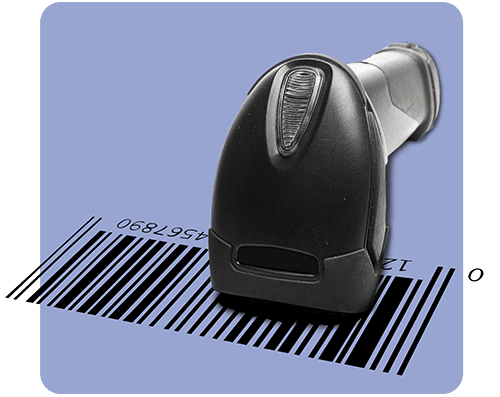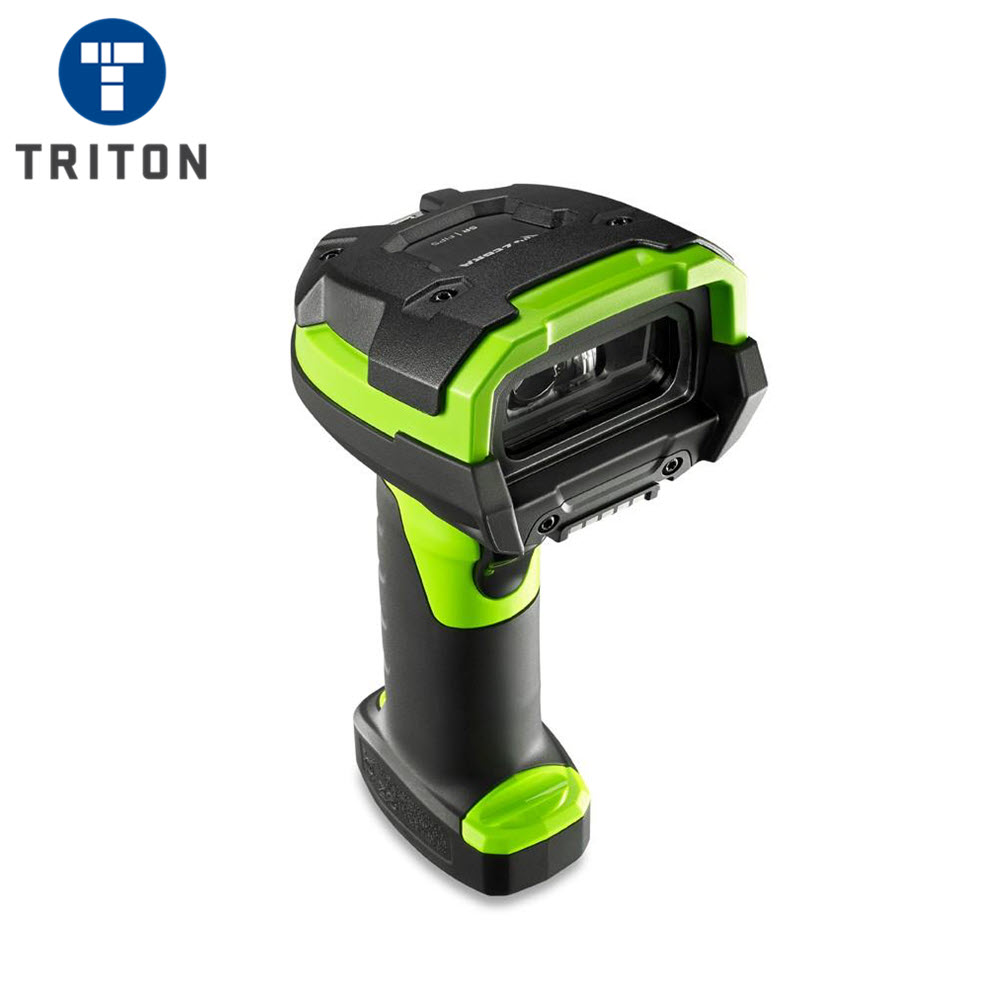Picking the Right Barcode Scanner for Your Service Needs
Picking the proper barcode scanner for your company calls for a nuanced understanding of your specific operational demands and environmental problems. Factors such as scanner kind, rate, and compatibility with existing systems play a critical role in establishing the appropriate option.
Understanding Barcode Scanner Types
When it pertains to selecting a barcode scanner, recognizing the different kinds available is important for conference specific service demands. Barcode scanners can be categorized right into numerous kinds, each designed for different applications and environments.
Portable scanners are one of the most usual, providing mobility and ease of use, making them appropriate for retail and stock monitoring. They normally link using USB or Bluetooth, offering flexibility in operation. Fixed-mount scanners, on the various other hand, are developed for high-volume scanning applications, frequently found in production line or checkout counters. These scanners are installed in a stationary placement, enabling rapid scanning of multiple products in sequence.
An additional kind is the mobile computer, which incorporates scanning capacities with calculating power. These devices are suitable for area operations or storehouse monitoring, making it possible for data collection and real-time stock monitoring. In addition, there are industrial scanners that are built to hold up against severe atmospheres, such as severe temperature levels or direct exposure to dust and wetness.

Secret Functions to Think About
What important attributes should organizations focus on when selecting a barcode scanner? Most importantly, scanning rate is crucial, as faster scanners improve operational performance, particularly in high-volume environments. The scanner's capability to read different barcode formats is likewise crucial; ensure it sustains preferred types like QR codes, UPC, and Code 128 to fit varied stock items.
Sturdiness is one more vital function, especially for companies in tough setups. Search for models that are constructed to hold up against declines, dust, and moisture. Furthermore, think about the connection options available; whether you like USB, Bluetooth, or Wi-Fi, the best connectivity can enhance assimilation with existing systems.

Assessing Your Organization Atmosphere
To properly choose a barcode scanner, businesses need to analyze their specific functional environment. This analysis includes assessing the physical format of the office, the nature of the products discover this being scanned, and the typical problems under which scanning occurs. As an example, a retail setting may need handheld scanners that can promptly process transactions at the check out, while a stockroom setup might profit from ruggedized scanners made to sustain harsher problems.
Furthermore, consider the volume of scanning required. High-throughput settings might demand innovative scanning technologies, such as fixed-position scanners or smart phones that can run efficiently in hectic circumstances. The assimilation abilities with existing inventory monitoring systems additionally play an essential role; make sure the selected scanner can perfectly get in touch with software program systems being used.
A scanner that fulfills current needs may not suffice as service expands. By completely evaluating these aspects, businesses can pick a barcode scanner that not only satisfies prompt demands however also supports long-term operational effectiveness and flexibility. barcodes scanners.
Budgeting for Your Scanner
Having actually evaluated the operational setting and recognized the certain needs for a barcode scanner, the next step entails mindful budgeting to make certain a smart economic investment. Developing a spending plan begins with determining the overall costs related to the scanner, including initial acquisition rate, operational costs, and potential maintenance fees.
When picking a barcode scanner, consider the series of offered choices, from handheld tools to fixed-position scanners, as rates can vary substantially. It is important to balance expense with functionality; choosing an extra affordable design might bring about boosted operational inefficiencies if it does not meet your service needs.
In addition to the equipment, factor in prices connected to software, training, and possible upgrades. While it could be alluring to minimize upfront expenditure, investing in a quality scanner that lines up with your operational requirements can produce lasting cost savings via boosted effectiveness and lowered downtime.
Lastly, take into consideration the overall price of possession, which incorporates the scanner's life-span and possible resale worth. By meticulously intending your budget, you can guarantee that your investment in a barcode scanner will certainly boost your functional performance and web link financial performance.
Integration With Existing Equipment
Incorporating a barcode scanner with your existing systems is essential for optimizing its efficiency and more ensuring smooth operations. barcodes scanners. A well-integrated scanner boosts operations effectiveness, lowers mistakes, and accelerates information handling. When choosing a barcode scanner, consider compatibility with your current software and hardware framework, including your stock monitoring systems, point-of-sale (POS) systems, and business resource planning (ERP) options
Examine whether the scanner uses basic procedures such as USB, Bluetooth, or Wi-Fi, which can help with simple integration. Furthermore, evaluate whether the scanner's software uses APIs or SDKs that enable modification and integration with exclusive systems. This is particularly crucial for businesses with one-of-a-kind functional demands.
As your company expands, your systems must be able to fit extra scanners and deal with enhanced data volumes without substantial reconfiguration. Ultimately, investing in a barcode scanner that perfectly integrates with your existing systems will certainly yield lasting benefits, boosting accuracy, effectiveness, and overall performance within your operations.

Conclusion
Finally, selecting a proper barcode scanner requires a comprehensive analysis of different aspects, consisting of scanner types, essential features, and the certain service setting. Proper budgeting for both purchase and operational prices is important, along with guaranteeing compatibility with existing systems. By meticulously considering these aspects, companies can improve efficiency and efficiency, eventually leading to boosted operational outcomes. The ideal barcode scanner acts as a crucial device in enhancing procedures and helping with efficient stock management.